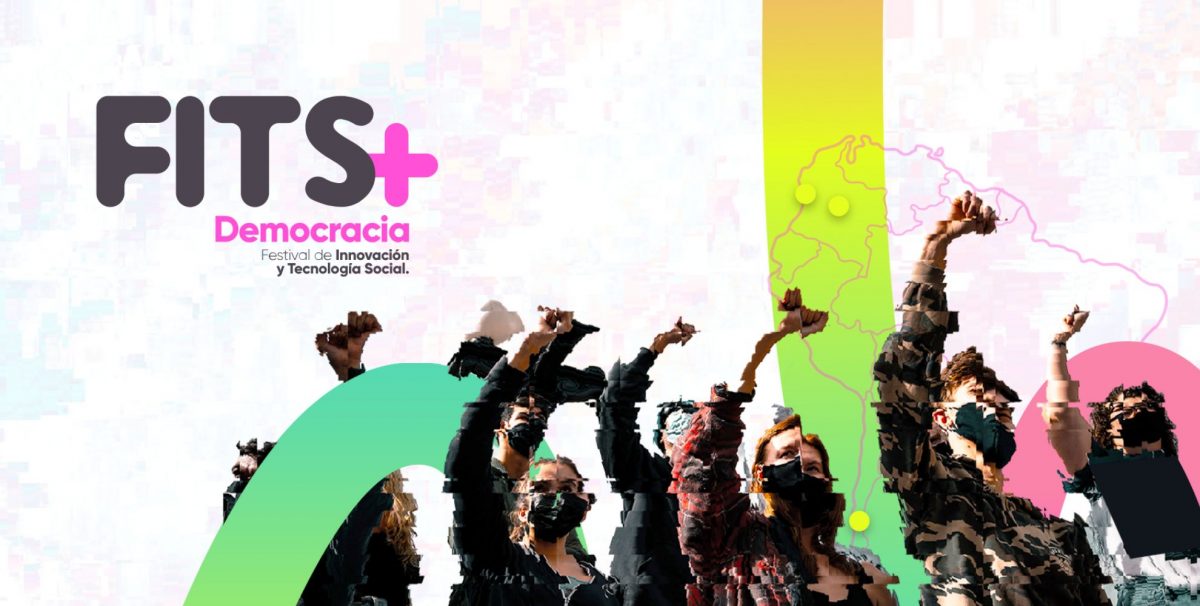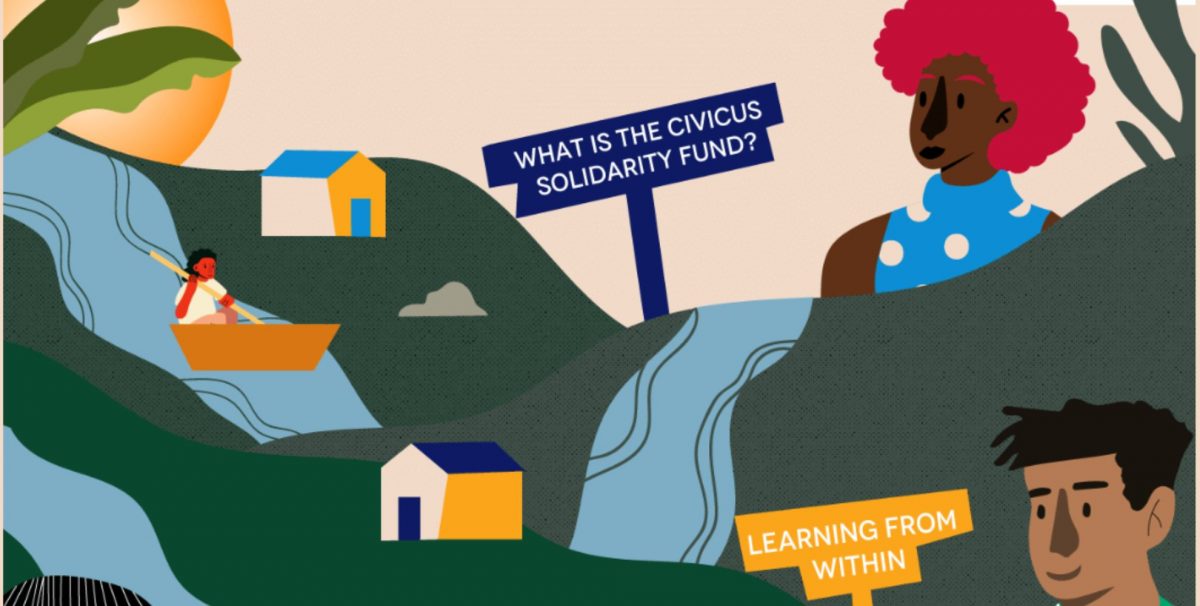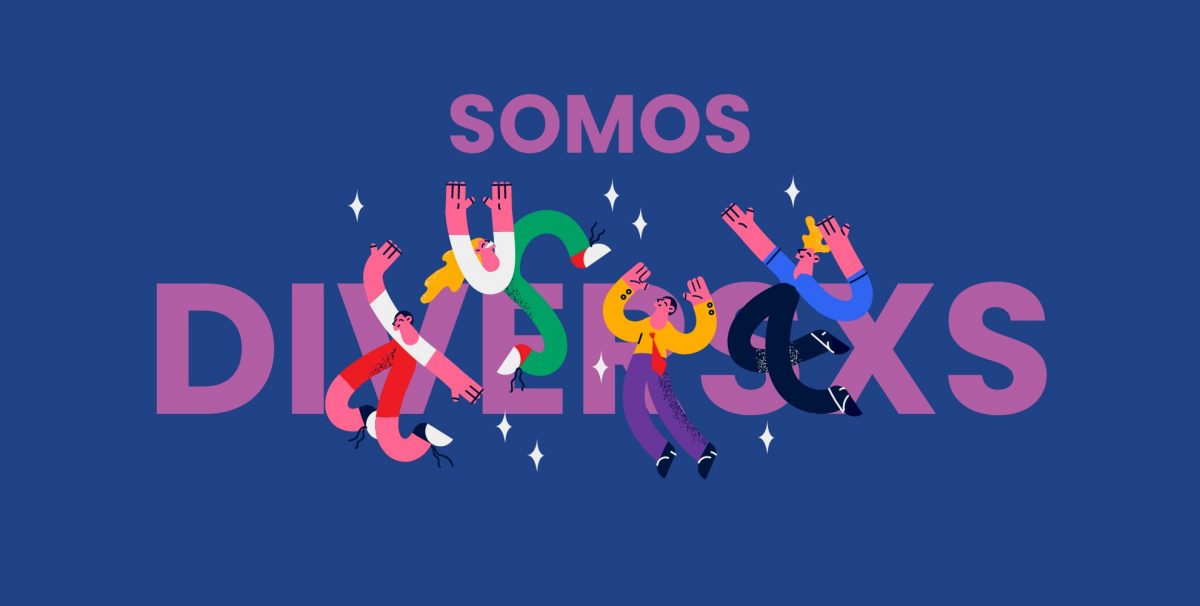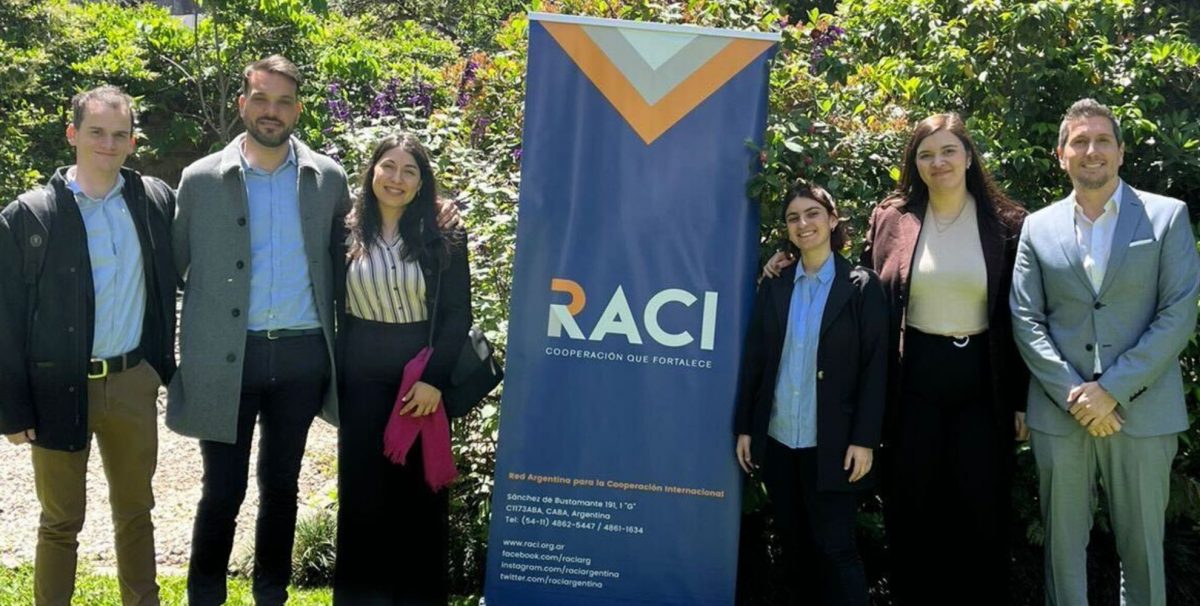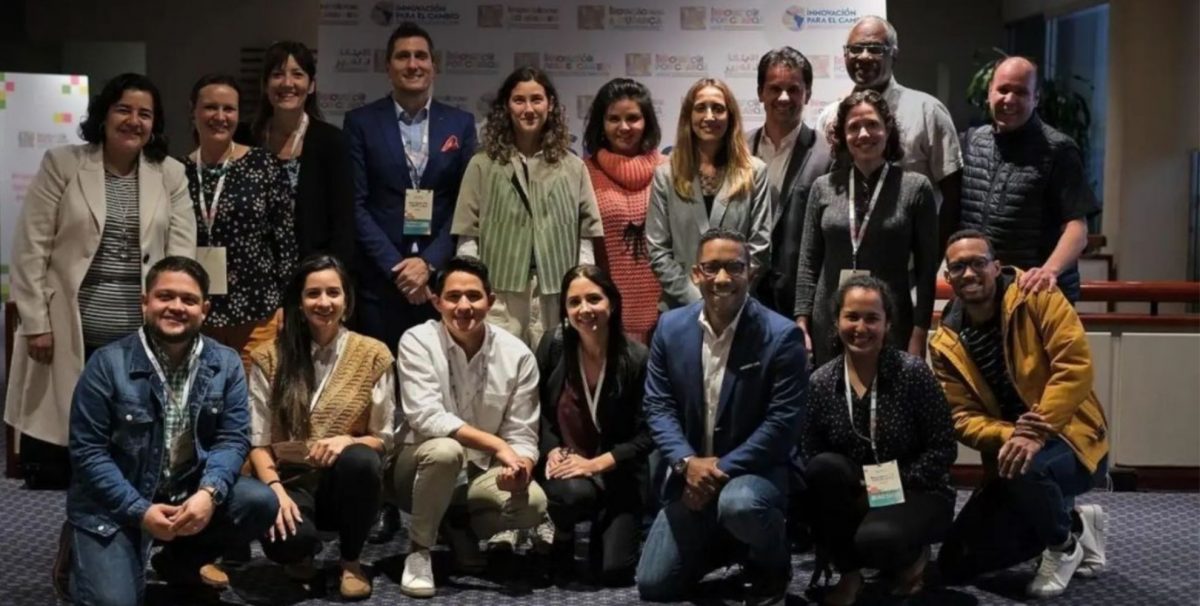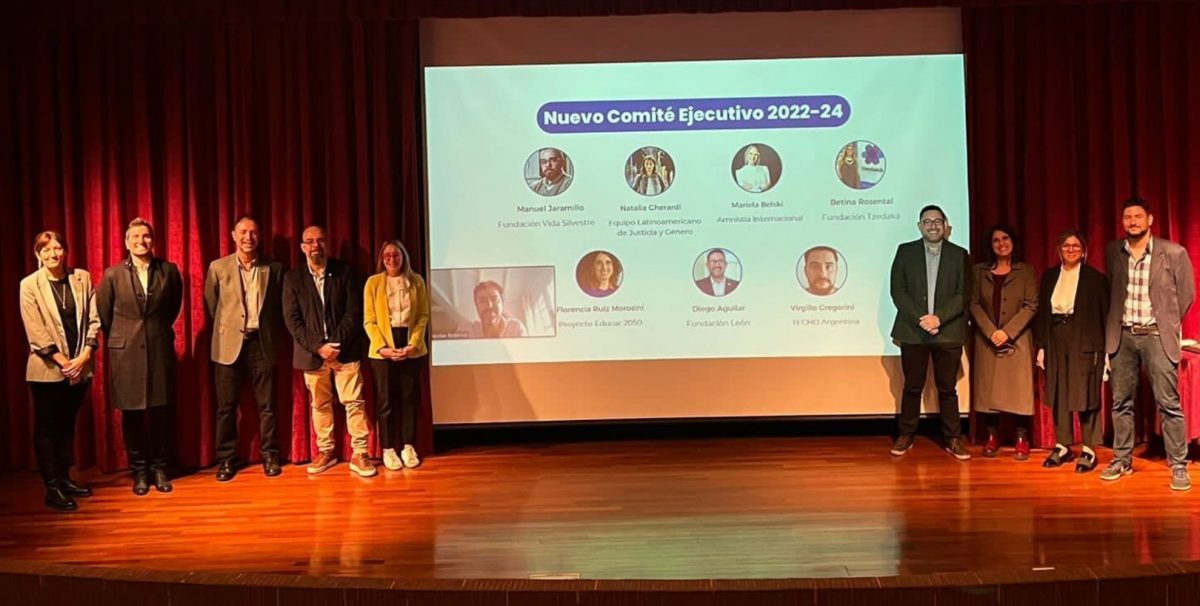Do you know what FITS is? It is the Festival of Innovation and Social Technology organized by Wingu. The objective of this meeting is a space for debate and networking to share with leaders and promote social causes through good practices.
During the meeting there will be talks and conferences, among other things. It will be held in Colombia (Bogota and Buenaventura) and Chile (Santiago), and special transmission for any part of the world through a virtual platform; it starts on November 3, registration is 100% free and is already available.
This first edition will be focused on strengthening democracy, with technology as an ally, in a hybrid format. As previously mentioned, it is an initiative of Wingu, a non-profit civic technology organization that promotes social projects and initiatives, maximizing their impact through a process of digital transformation and the implementation of innovative technological developments.
The program has an extensive agenda, ranging from topics such as artistic interventions, data protection, public innovation and local democracy, to reflections and challenges of technology for citizen participation. In addition, networking, innovation and technology for peace building, and technological solutions for the defense of democracy in the territory, among many others, will be discussed.
Why should we organize this festival?
It is essential to hold this type of debates, since Latin America is in a transition, where citizens are expressing the need for governments to listen to their demands; the expressions of the population can be seen throughout the region, in search of reducing inequality. For this reason, the festival brings together leaders of social organizations, journalists, students and donors from different places to rethink how to strengthen the work and provide spaces for innovative initiatives.
“A unique moment to make more voices heard to build stronger, more diverse and fairer democracies” (Wingu, 2022).
To carry out this event, the meeting between organizations, public and private agencies and academia will be facilitated, with the aim of collaborating, sharing and co-creating together. Likewise, there will be a face-to-face meeting in Colombia and Chile of organizations related to these topics to promote direct dialogue and effective articulation. These will be spaces facilitated by specialists in agile methodologies, to promote conversations and group work. All of these are aimed at some specific issues: discovering a solution, developing an action plan and drafting a manifesto, among others.
The fact that the conversation is hybrid and decentralized broadens access to places that are outside the big Latin American cities and, commonly, are left out; that is what the meeting is about: broadening access.
Another way to make participation more expansive is that the entire program will be broadcast online, to ensure accessibility to the content for people from all over the region, with lectures, networking activities and panel discussions. In this way, the festival is a unique opportunity for meeting, communication and articulation that inspires and mobilizes social initiatives through specialists from around the world, who share their knowledge with thousands of people and organizations to make them more autonomous and independent in the use of new technologies.
Wingu is a community that is looking for interact and learn more about the latest trends and developments in the digital field and, at the same time, seeks new ways to work on a daily basis, communicate, exchange ideas, raise funds, simple solutions and innovative tools, as well as dynamic experiences that allow finding simple solutions to optimize time and resources for the common welfare of all people.
We welcome the realization of this type of spaces for dialogue and debate, as well as encourage participation and diffusion.

